Larger than an adult human and with delicious meat, the arowana is a favorite target of poachers in the Amazon rainforest that spans Brazil, Peru and Colombia.
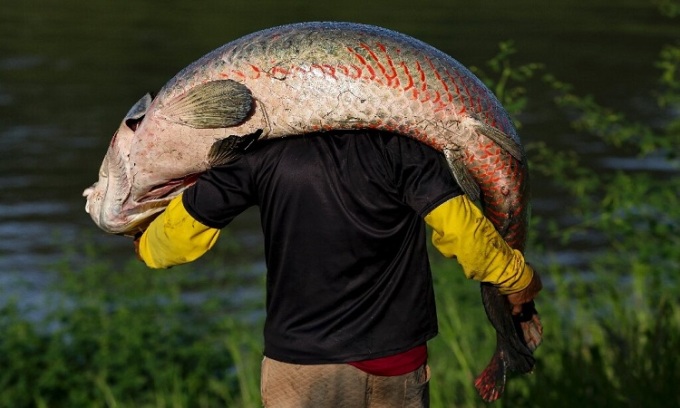
The giant arowana. Photo: AFP
Because both its skin and meat are highly valued, the arowana has long been a source of income for indigenous peoples in the lakes of the Javari Valley. Its meat has become increasingly popular in restaurants in Rio, Bogota and Lima, driving up prices and encouraging poachers to target it, AFP reported on June 10.
In Brazil’s Amazonas province, hunting of the giant fish is strictly controlled. In the Javari Valley, home to seven tribes including the Kanamari, only local residents are allowed to hunt the giant fish. However, they often come into conflict with illegal encroachers.
Known scientifically as Arapaima gigas , the Arapaima gigas is one of the largest freshwater fish on the planet. It is a strange-looking creature with a pink conical tail, a flat head, and bulging eyes that resemble a prehistoric monster. An omnivore, the Arapaima can grow up to 3 meters long and weigh more than 200 kg. Often caught with nets and harpoons, they are relatively easy to spot and kill because they have to surface to breathe every 20 minutes.
Dubbed by locals as the “Amazonian bison” due to its large appetite, the arowana is highly prized . Its skin is used to make luxury goods such as shoes, handbags, and wallets. Its scales, which can protect against piranha bites, are sold to tourists as key chains. Due to overhunting in the Brazilian Amazon, the arowana almost disappeared in the 1990s until the government imposed restrictions on its capture.
In 2017, a project began in the Javari Valley to ensure that indigenous communities can continue to harvest the arowana in the long term. The sustainability project, called CTI, is managed by the Kanamari tribe themselves. They have voluntarily limited their fishing and agreed not to sell the fish for five years, according to Thiago Arruda, a spokesman for CTI. The project also includes patrols to detect and report poachers, which is risky for the tribe because illegal fishermen are often armed. An assessment will take place in the coming weeks, and if fish stocks recover sufficiently, the Kanamari may begin selling the fish.
An Khang (According to Phys.org )
Source link


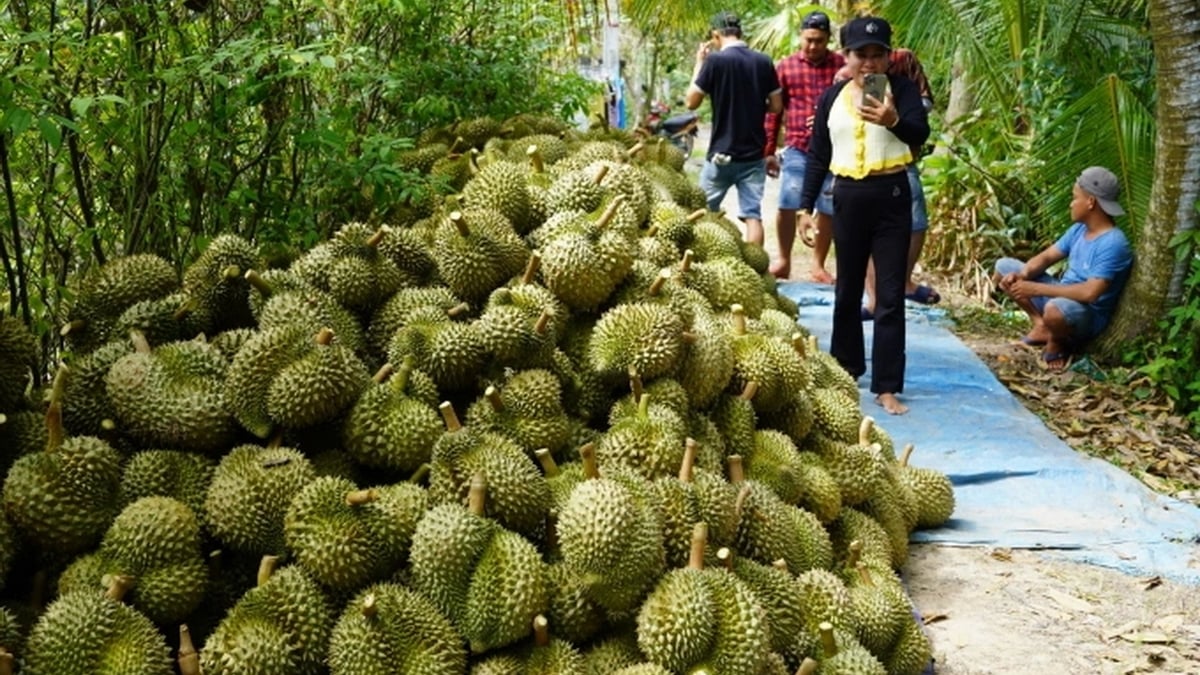






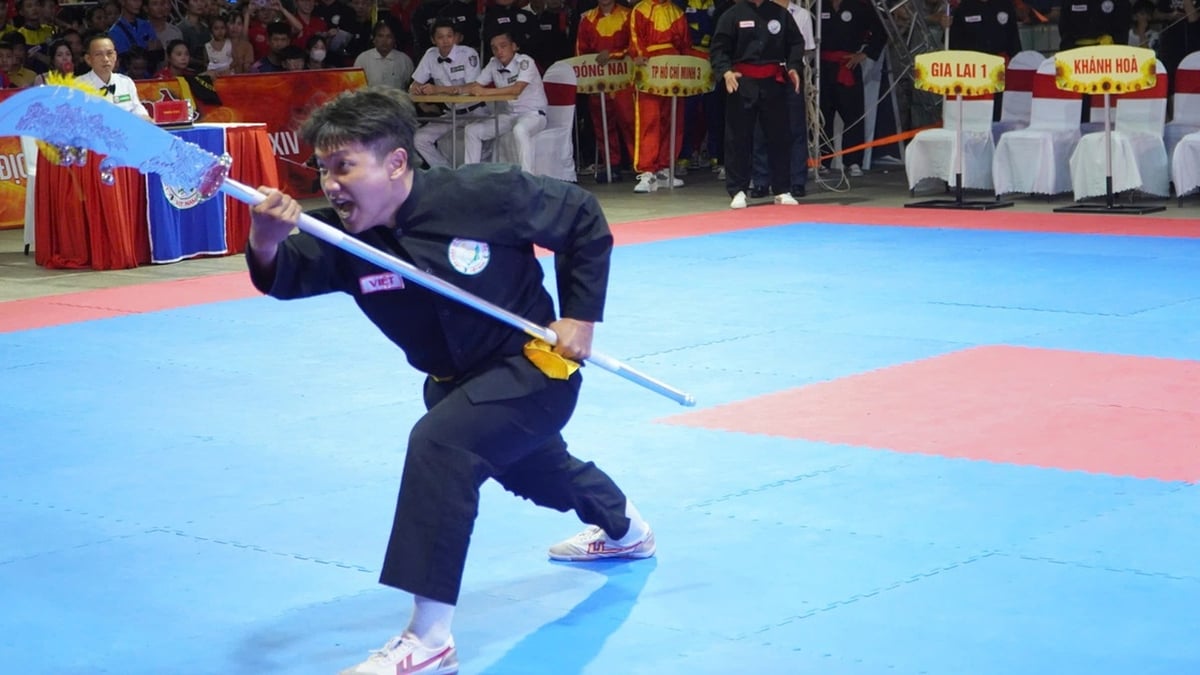













































![[Maritime News] Two Evergreen ships in a row: More than 50 containers fell into the sea](https://vphoto.vietnam.vn/thumb/402x226/vietnam/resource/IMAGE/2025/8/4/7c4aab5ced9d4b0e893092ffc2be8327)










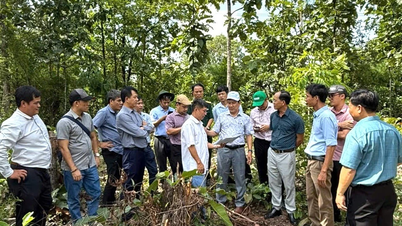

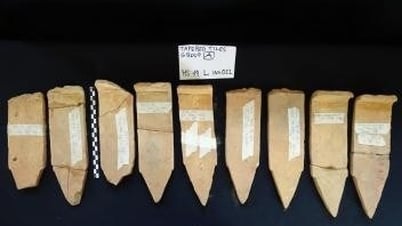






























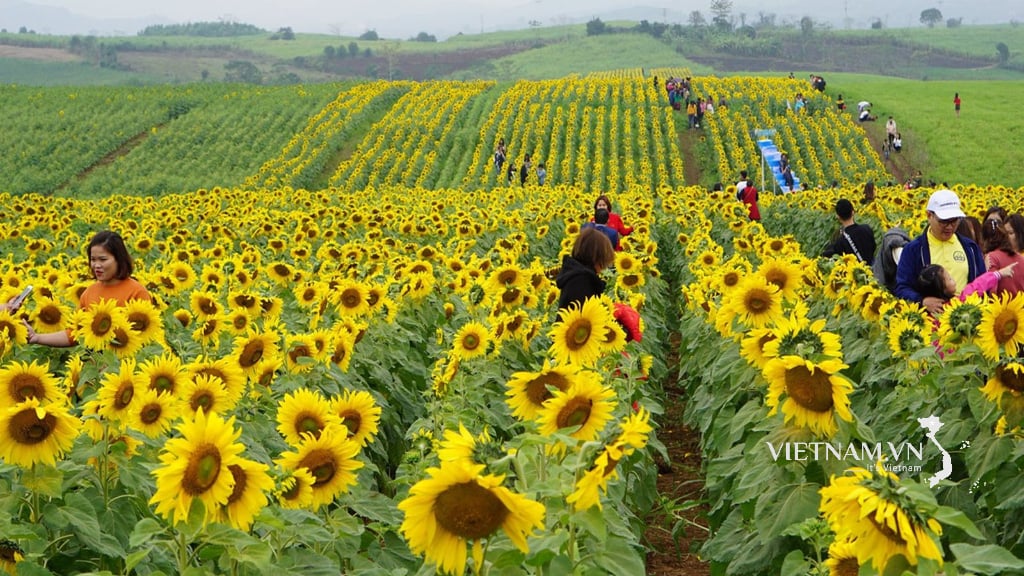
Comment (0)